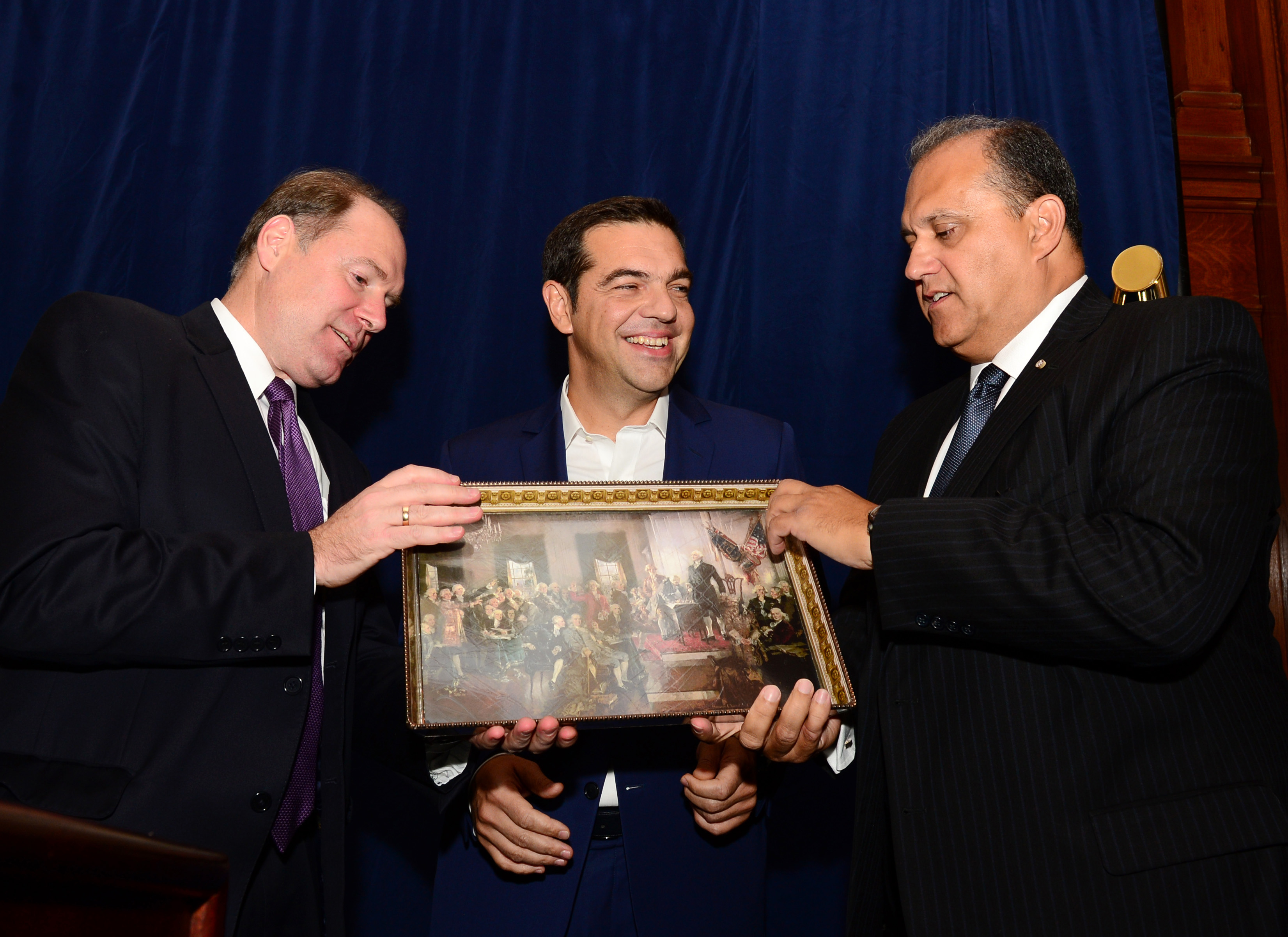
Nick Larigakis: ‘US-Greece relations excellent right now’
The president of the American-Hellenic Institute discusses his activity in the Greek-American community and expressed the hope that the US can help Greece with investments.
Spotlight
-
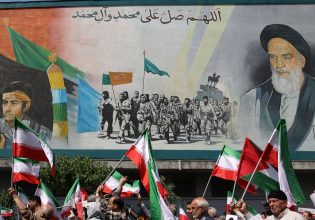
Καθηγητής του Χάρβαρντ: «Απεχθάνομαι το ιρανικό καθεστώς, αλλά έχει δίκιο – Ένοχες οι ΗΠΑ»
-
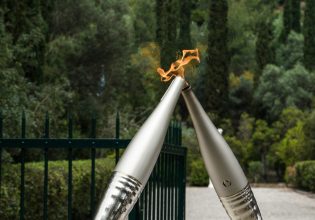
Κλειστοί δρόμοι στην Αθήνα το Σάββατο για την Ολυμπιακή Φλόγα
-

Η ιστορική φράση του Ανδρέα Παπανδρέου πριν εκλεγεί πρόεδρος του ΠΑΣΟΚ για τελευταία φορά
-
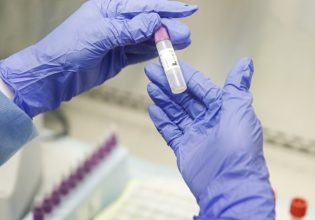
Πέθανε ο μακροβιότερος ασθενής με COVID - Υπέφερε για 613 μέρες και πέρασε 50 μεταλλάξεις
One of the Greek-American community’s important organisations, the American-Hellenic Institute (AHI), has been working for over four decades to strengthen ties between Greece, Cyprus, and the US. In an exclusive interview with the Sunday To Vima, AHI President Nick Larigakis discusses his multi-faceted activity in maintaining contacts and briefing American institutional players on timely political issues that concern the Greek-American community, as well as Greece and Cyprus.
By Markos Karasarinis
What is the framework of activity of the American-Hellenic Institute? What does it do and what are its objectives?
The basic aim of the American-Hellenic Institute is to strengthen US-Greece and US-Cyprus ties. The organisation was formed in 1974, after the Turkish invasion and occupation of Cyprus, which continues to be at the core of the mission of the institute as an institutional lobby.
It is a permanent organisation of people who cooperate professionally on a daily basis, and not a group that mobilises ad hoc in times of crisis.
I should note here that we do not represent ourselves as a ‘Greek lobby’, as that would be an inaccurate description. We express ourselves in our capacity as American citizens, and not as representatives of the Greek or Cypriot governments. In our contacts with the White House, Congress, or the State Department, we stress that our views are based on American interests in the broader region, which we believe match the interests of Greece and Cyprus.
At the current juncture, what are the high priority issues in your contacts?
We brief political leaders, various political authorities in the US, think tanks, and the press about the realities in the region and exactly what Greece and Cyprus contribute to stability and peace, in contradistinction to Turkey. Turkey is creating alliances with Russia, Iran, and China, while Greece is forming alliances with Israel and Cyprus and remains a stable ally of the US, with common values and interests.
At times, we realise that all this is not fully known in Washington, so our strategy is to make these realities perfectly clear. For example, we always try to show how important the base at Souda, Crete, is to the American presence in the region. We highlight the continuing Cyprus problem, with the occupation and 43,000 Turkish soldiers who are stationed there. When Greek, Cypriot, or Turkish ministers visit Washington, we brief the office of the US president on the issues that may be raised, and we do the same for American officials before their visits to these countries.
In a shifting social and political environment, what initiatives can an organisation like the American-Hellenic Institute undertake in order to effectively serve the interests of the Greek-American community?
Let me give you an example. In the last decade, upon my initiative, we started a new programme for university students. With mixed marriages at about 80-90 percent, and having gone beyond the fourth generation of Greek-Americans, the fact is that the make-up of the Greek community is changing. I am optimistic that this will not affect either religion or culture, which are and will continue to remain alive, as I see at events at schools, cultural groups, and churches.
Yet, we are perhaps losing touch with the issues that we are discussing here, because the younger generations do not know first-hand how important they are. With our programme at the American-Hellenic Institute, we do not believe of course that we are saving the day, but we are making a start by bringing them into contact with American authorities, as well as with Cyprus and Greece.
We visit the State Department, Congress, and the White House. We go to Cyprus and its occupied territories, we meet the archbishop, and we go to the coastline of Ammohostos (Famagusta).
In Greece, we visit with the president of the republic, we are briefed by the defense ministry staff, we go down to the Souda base, which is extremely important for the American presence in the Mediterranean, and we discuss regional issues with foreign ministry officials. It is a very successful programme. Many of these youths later worked for Congress, think tanks, and in other such frameworks. So we are training ambassadors who can continue our work in the future.
You had noted at the start of the Trump administration that ‘we must inform the new government and the new Congress about our issues’. Nearly a year later, how do you view your cooperation?
It is quite good. For me, it is important to hear government members say that relations between Greece and the US at this time are excellent. The discussions when the prime minister [Alexis Tsipras] came to Washington were very positive. Beyond that, we hope – and I know there will be a move – that they will help with investments. The US will be the honoured country at the next Thessaloniki International Trade Fair, which they consider very serious here, and there is a will to project and promote American investments during those two weeks.
‘Greece is in a tough neighbourhood’
How do you see Greece balancing in a region stricken by instability in recent years?
It is no secret that Greece is located in a difficult and dangerous neighbourhood. If you look at the so-called “arc of instability”, roughly the area between Syria in the Middle East and Albania in the Balkans, there are hot spots just a few hundred kilometres away from Athens.
Greece is essentially a factor of stability in the region, and that should be stressed, and it maintains its balance with defense spending.
Here we have a complaint about the American stance, which is no longer openly strict with Turkish violations. These violations [of international law and sovereign rights] can become a factor of instability, and not only that, but for a country such as Greece which is in crisis, confronting them represents an additional economic burden.
What they tell us when we bring up the matter is that they pose the issue, but I say that it should be raised openly, as I believe that the Turkish government would react more positively to public pressures than to secret ones.
To Vima
in.gr
Ακολουθήστε το in.gr στο Google News και μάθετε πρώτοι όλες τις ειδήσεις

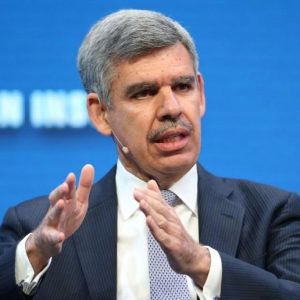

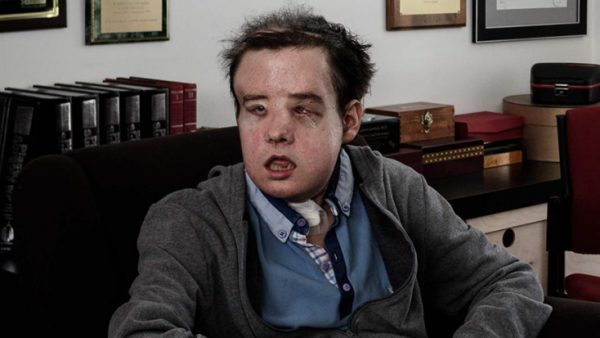
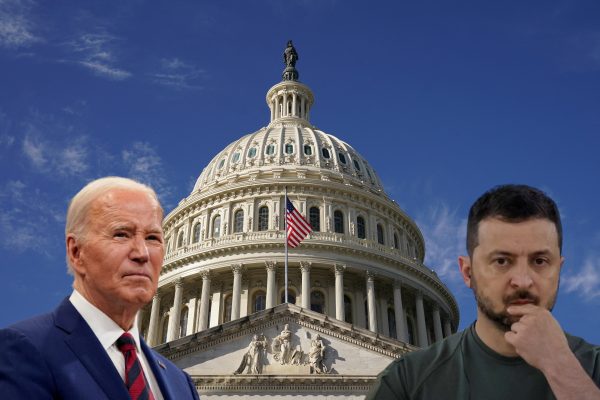

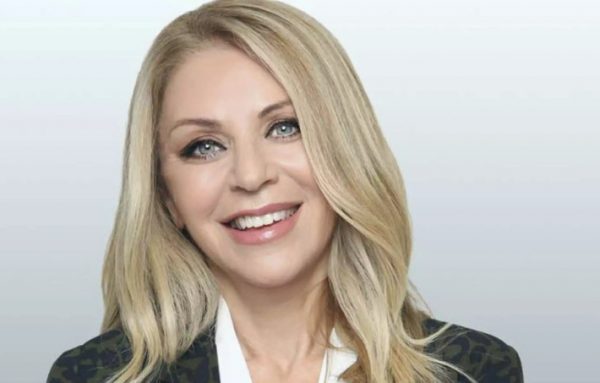
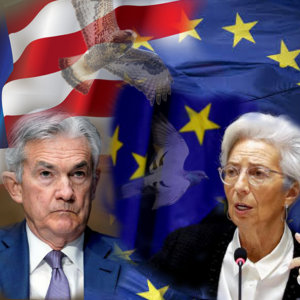



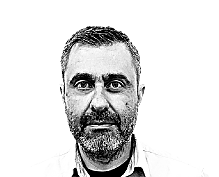

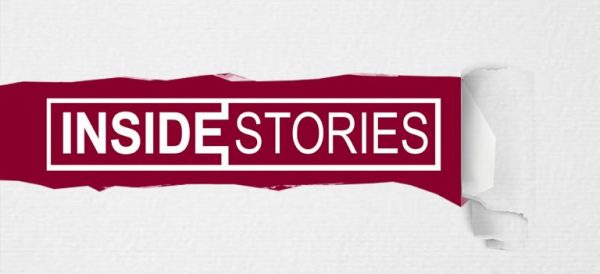
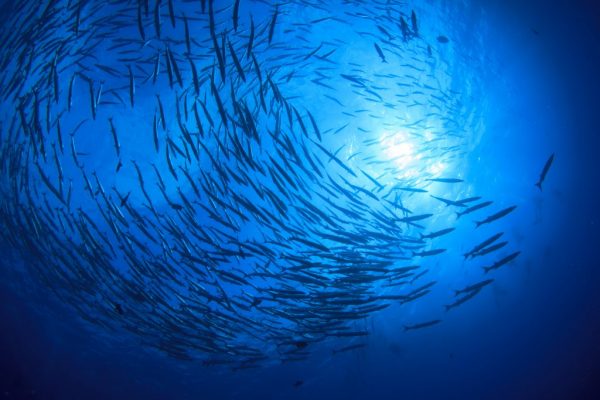
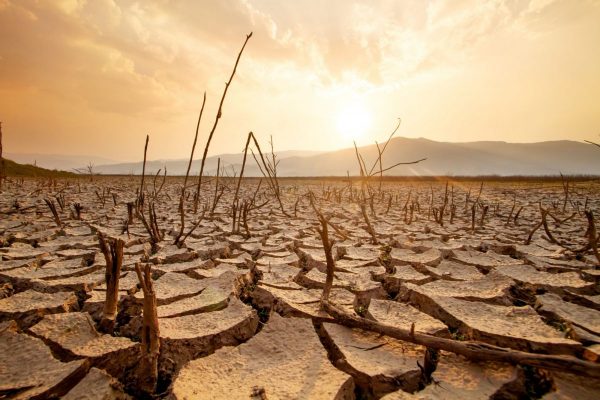
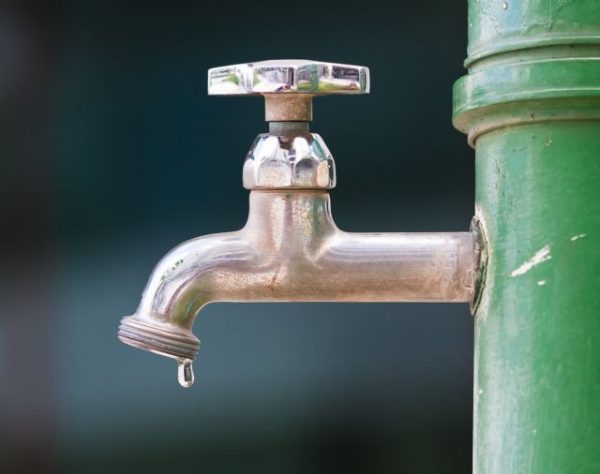


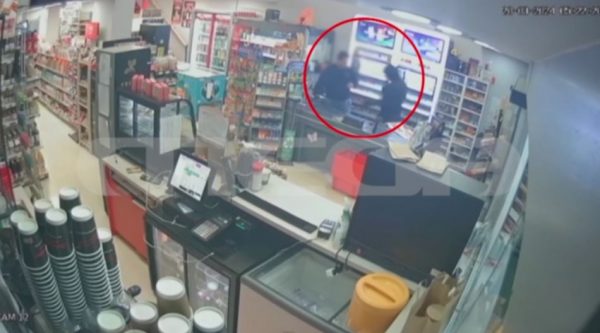





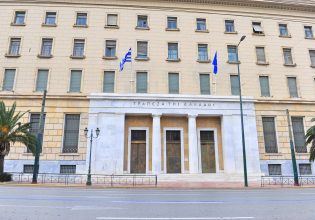
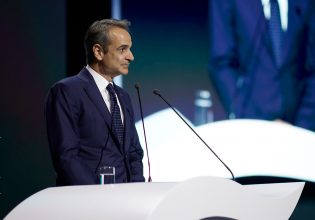
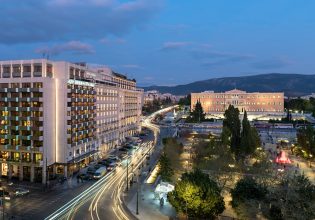

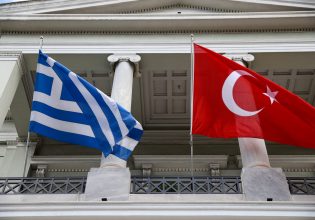
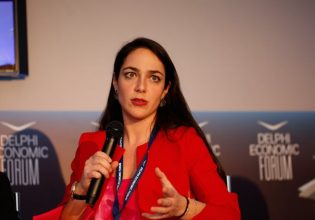


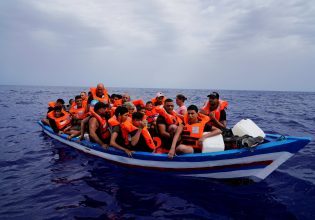
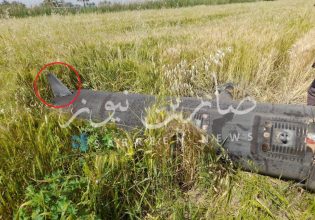





 Αριθμός Πιστοποίησης Μ.Η.Τ.232442
Αριθμός Πιστοποίησης Μ.Η.Τ.232442